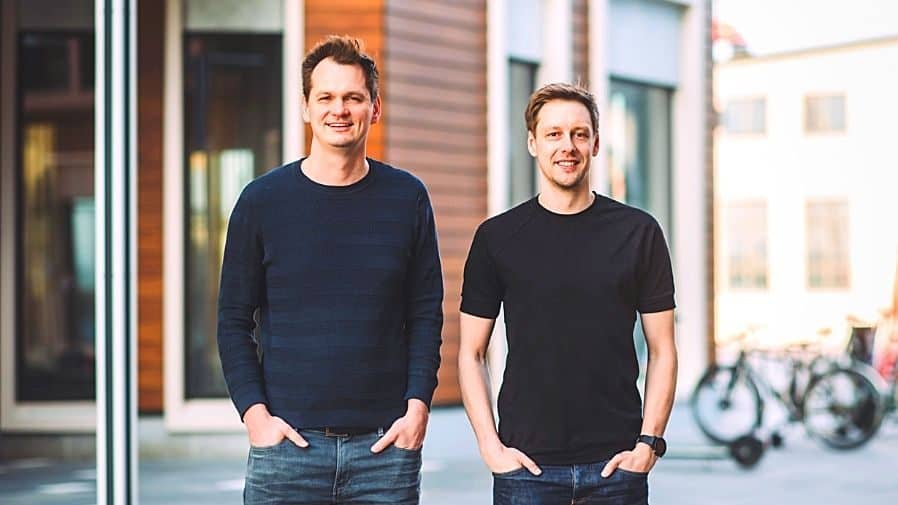In a recent development, the insurtech startup, Qumata, announced that it has raised $10M (nearly €8.2M) in its Series A round of funding. The investment was led by MMC Ventures. Besides, the round also saw participation from AdirVentures, a number of other family offices, as well as existing investors including TMT Investments PLC.
In a statement, Qumata says that the proceeds from this round will help them expand their services globally, as well as accelerate the launching of their product commercially. The commercialisation of the offerings will be done through the help of multiple large, listed insurers in Europe, Asia Pacific, the UK, and North America.
Qumata’s current board members include Luca Schnettler (CEO), Etienne Bourdon (COO), and Richard di Benedetto (President at Aetna International). They are now joined by Oliver Richards (Partner at MMC Ventures) and Barry Karfunkel (previously CEO at Nasdaq-listed National General Insurance and after its $4B sale to Allstate, and now Founder of AdirVentures).
Nowadays, due to the increased usage of mobile devices and wearables, the amount of data now available about an individual’s health and wellbeing is mind-boggling. And with this data, insurers can gain insights into the lifestyle and health of applicants, in order to help them with an easy and convenient buying process. This is where London-based HealthyHealth (now rebranded as Qumata) looks to operate.
The company provides health and life insurers underwriting services, enabling them to quantify risk by using digital data. According to Qumata, its approach to assessing health conditions of prospective customers is faster, accurate, and cheaper compared to traditional underwriting methods.
How does Qumata assess health risks?
Founded in 2017 by Etienne Bourdon and Luca Schnettler, Qumata is building a new standard for life and health insurance underwriting. Underwriting services are provided by some large financial institutions, such as banks, insurance companies, and investment houses, whereby they guarantee payment in case of damage or financial loss and accept the financial risk for liability arising from such guarantee.
Qumata’s API solution is integrated by insurance companies across multiple distribution channels, ranging from tied agents to independent intermediaries and online channels. This solution allows life and health insurance applicants to share their digital health data. Once the consent is provided by the applicant, their data is analysed to predict applicants’ risk of developing medical conditions classified among hundreds, to assess ‘extra-mortality’ and ‘extra-morbidity’ risks typically rated by insurers to derive their commercial premiums.
Luca Schnettler, Group CEO at Qumata, explains, “Insurers are increasingly embracing digital innovation, but there is still significant opportunity for further optimisation, particularly in the underwriting process. Our customers are already seeing significant benefits in using our technology to transform the traditional underwriting journey, and benefiting from higher conversion rates and improved underwriting outcomes.”
He further adds, “We are also excited to announce our new brand. Since our founding in 2017, the business has evolved and built a strong presence in the insurance world. As Qumata, we are enabling insurers to unlock the wealth of human data in mobile devices and wearables – safely, securely and with full customer consent.”
How fast is the process?
According to data taken from a Munich Re Study, the traditional onboarding via base questions can be done in around an hour however this covers only 14 per cent of the applications. As for the manual underwriting, it takes 31 days and medical evidence 82 days on average. And the weighted industry average is around 51 days. However, Qumata claims its approach takes less than 3 minutes.
The company uses digital data to calculate the risk of diagnosis for over 800 conditions, along with extra mortalities and morbidities, saving applicants hours filling out long questionnaires or visiting the doctor.
Source: Silicon Canals









